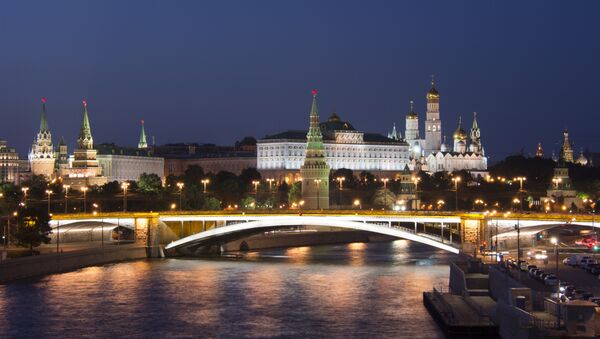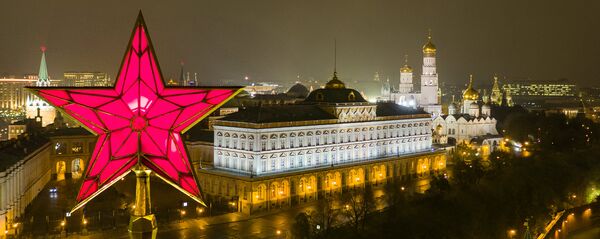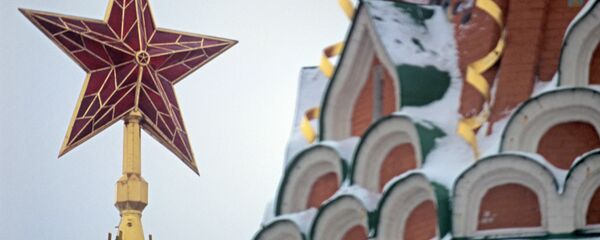In 2017 Russia will continue its triumphant return to the world arena, French journalist and geopolitical analyst Alexandre Del Valle believes.
"I believe that this year, 2017, will see the great return of Russia (already initiated in 2015) to the international scene," Del Valle writes in his op-ed for Atlantico.
The journalist noted that due to the liberation of Aleppo, and the removal of all jihadists from the city, Russia has gained the upper hand in the Syrian talks.
"The transition in Syria is becoming more likely, and it is the Russians who will set the tone," he underscored.
"The Ministers agree on the importance of expanding the ceasefire, unhindered humanitarian assistance and free movement of civilians throughout the country. Iran, Russia and Turkey express their readiness to facilitate and become the guarantors of the prospective agreement being negotiated between the Syrian Government and the opposition," the joint statement said.
To put the agreement into action the Syrian Arab Army (SAA) command announced Thursday "the full ceasefire throughout the territory of the Syrian Arab Republic" starting from December 30.
However, some American observers regard the troika's initiative as a slap in the face bemoaning the fact that the US, once the dominant power in the region, has found itself left out in the cold.
On the other hand, Donald Trump's win in the US presidential election plays into the hands of Moscow, according to Del Valle.
"Trump's desire to get closer to Moscow is a revolutionary one for the United States… Perhaps even the sanctions against Russia will be lifted, at least on the part of America if Trump keeps his election promises," the French journalist assumed, adding that Trump's potential move might prompt French Republican presidential candidate Francois Fillon to do the same if he is elected in 2017.
At the same time, Del Valle envisages that oil prices will rise further.
"For all these reasons (the oil upturn, major shift in Syria, Donald Trump/Fillon reset with Moscow — and the announced appointment of Rex Tillerson as the future US Secretary of State is quite significant here) 2017 will become 'Russia's Year'," the French analyst emphasized.
The report assumed that the Trump presidency combined with the crisis in Europe may help relieve the US-EU pressure on Moscow.
"The Brexit vote revealed deep rifts in the European Union, and Donald Trump's victory in the US presidential election may portend a break in Washington's policy toward Moscow," the report read, "The recent loyalist advances in Syria, meanwhile, could improve the Kremlin's position to negotiate with the Trump administration over a range of issues."
Still, according to the US intelligence firm, Russia's "standoff with the West" is likely to endure and evolve during the next year.
"Nonetheless, the country could make significant headway in its negotiations with the West and in its former sphere of influence in 2017," the analysts admitted.
Meanwhile, Del Valle believes that the world will see a broader shift in global politics. According to the analyst, "happy globalization" will give way to the de-globalization process.
"This does not mean that globalization lapses, but there is obviously a return to sovereignty, populism, protectionism and nationalism," he suggested.
This brings us back to the concepts of realpolitik and national sovereignty, the analyst noted.
Or, as former chief of British intelligence agency MI6 John Sawers remarked in his October op-ed for the Financial Times: "We are returning to a world of great power balance."



